At EOSIS, we understand that recovery doesn’t happen in isolation—it happens within families, relationships, and communities. When one person struggles with a substance use disorder, everyone who loves them is affected. Family members often carry emotional stress, confusion, guilt, or fear, even as they try to offer help.
That’s why we believe families deserve support, education, and healing of their own. By learning more about addiction as a disease, developing healthy communication and boundaries, and connecting with others who share similar experiences, families gain the tools to rebuild trust, restore balance, and foster lasting recovery—for their loved one and for themselves.
A family functions as an interconnected system where any change in one part affects the whole. When a family member struggles with a behavioral health disorder such as mental illness or addiction, the ripple effects touch everyone. Even after that individual begins recovery, families often remain caught in unhealthy patterns that developed during the illness. Adjusting can be challenging—even under the best circumstances—as loved ones learn to relate to someone who is now behaving differently, navigating recovery, and needing ongoing support.
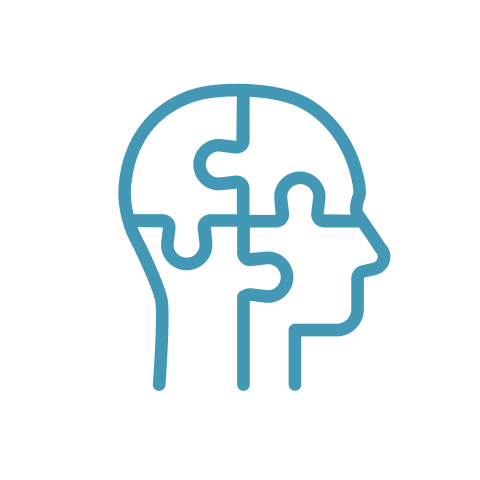
Ongoing Assessments
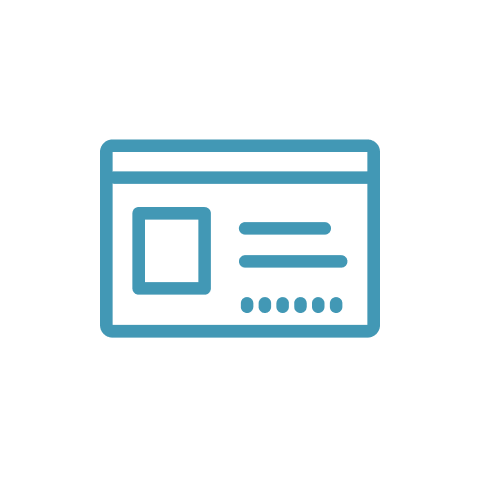
Licensed Staff
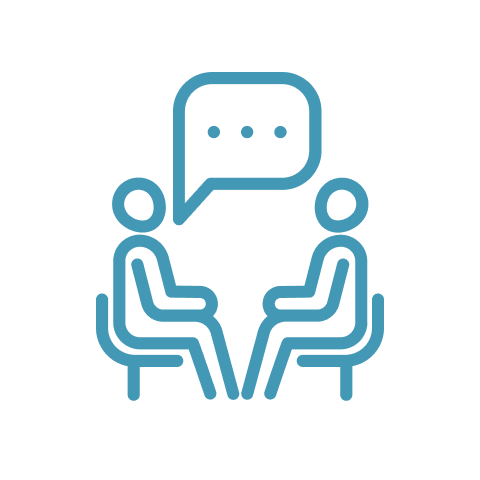
Individual Therapy
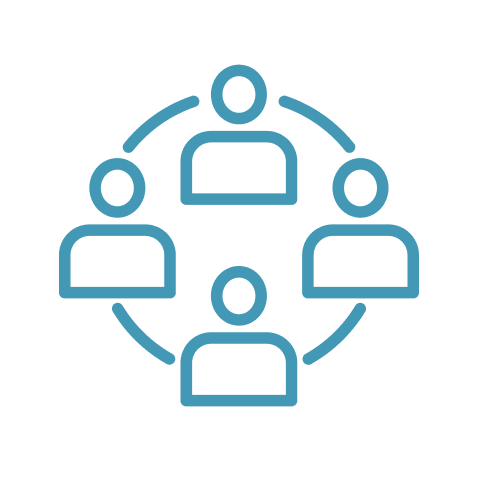
Group Therapy
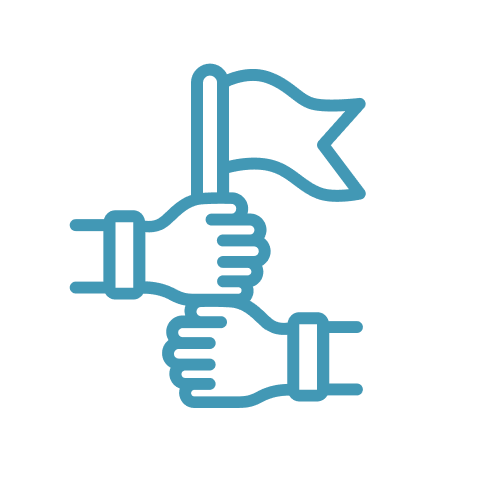
Credentialed
Programs
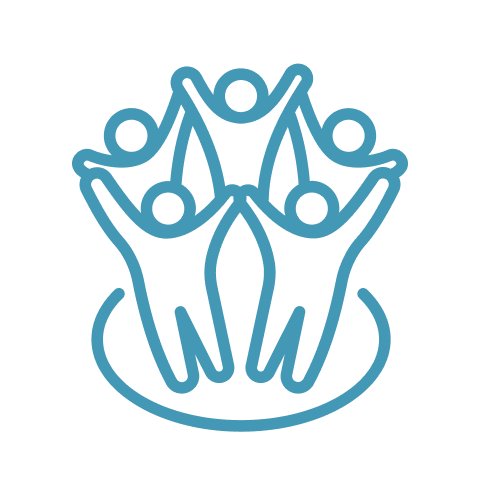
Social Activities
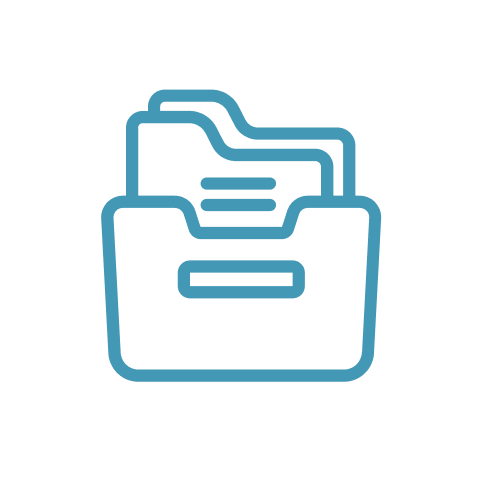
Case Management
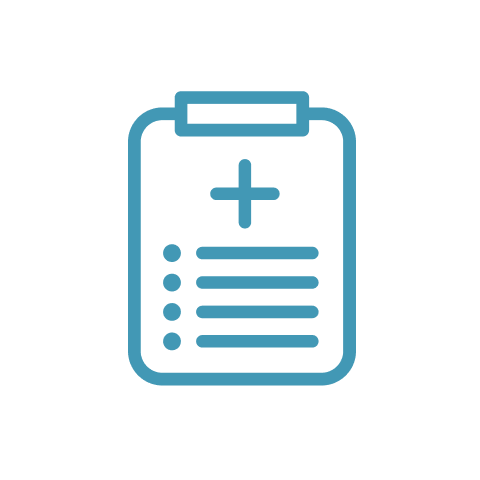
Individualized
Treatment Plan
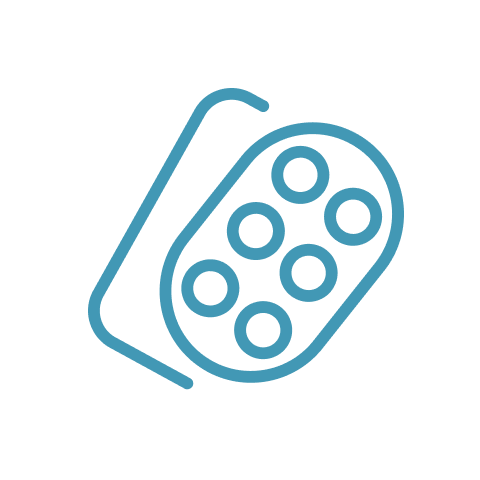
Medication Assisted
Treatment
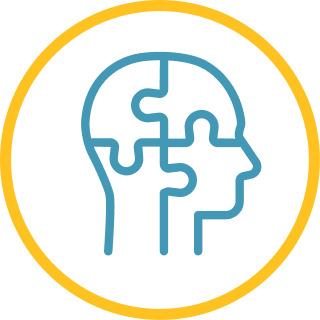
Addiction as
a Disease
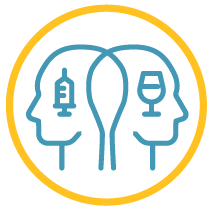
Relationship with
Mental Health
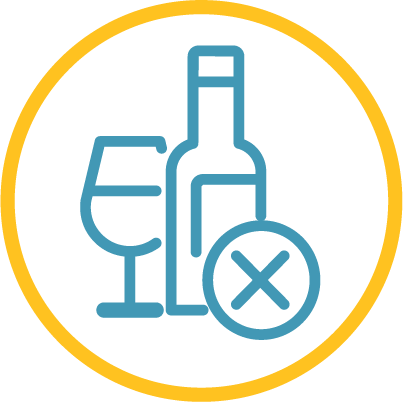
Drugs of Abuse
and Effects
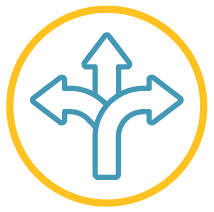
Contiuum of
Substance Use
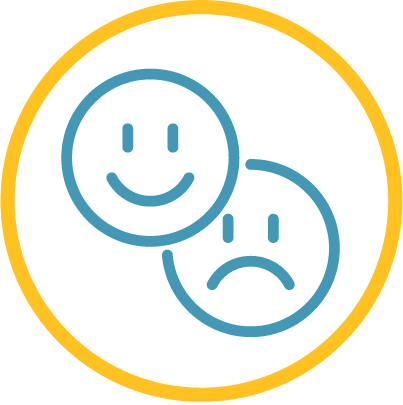
Stages of Change
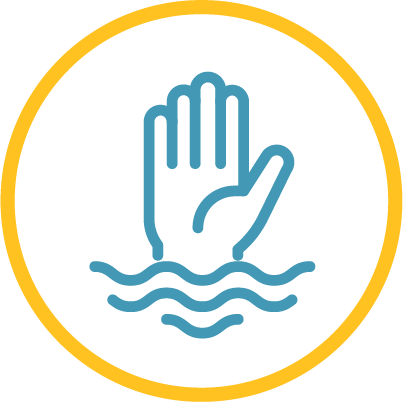
Enabling

Fair Fighting
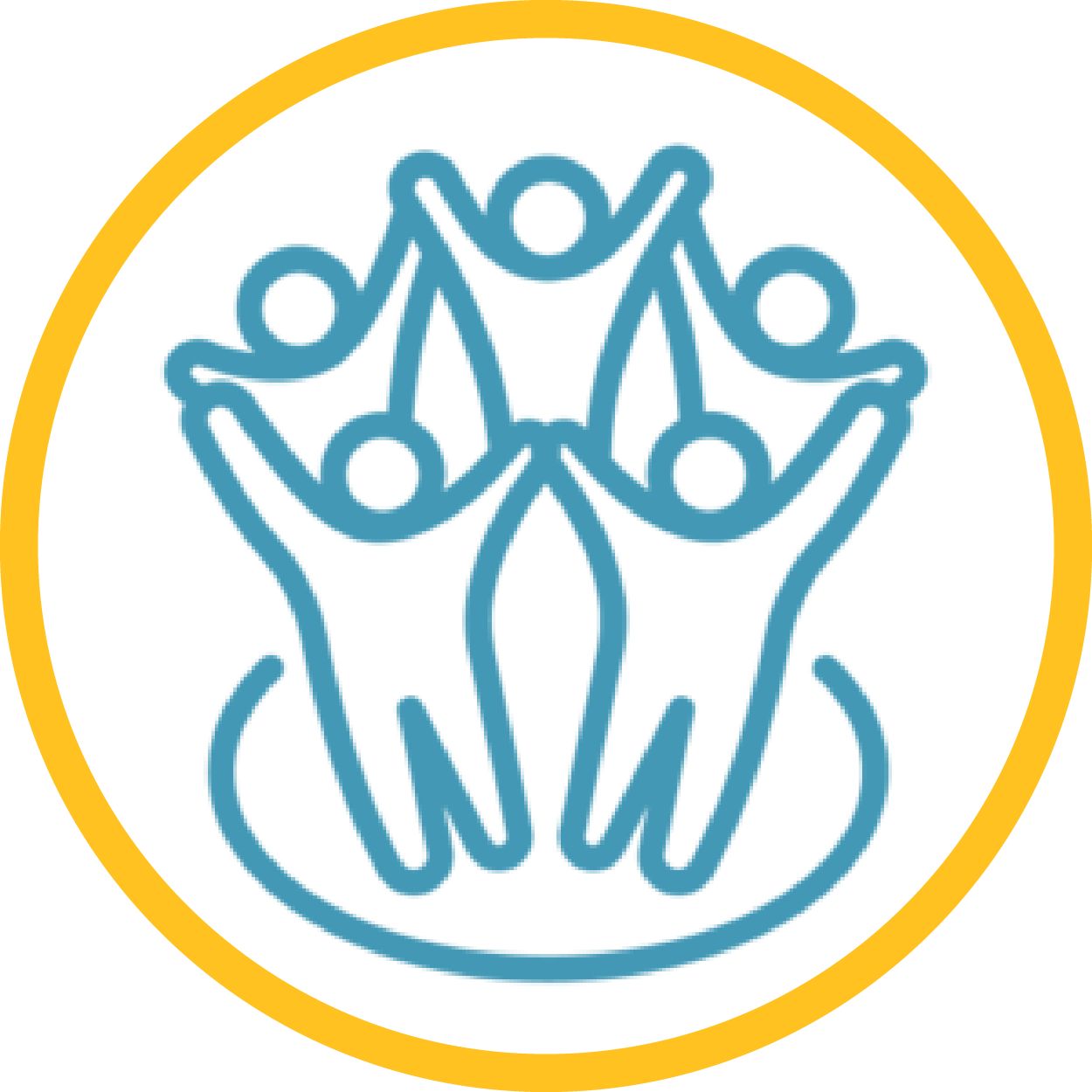
Family Roles
Anyone who could benefit from support should attend. “Family” means a group of two or more people with close and enduring emotional ties. Members may include parents, children, siblings, spouses, partners, extended family, in-laws, clergy, mentors, friends, or anyone else with a vested interest in their loved one’s wellbeing.
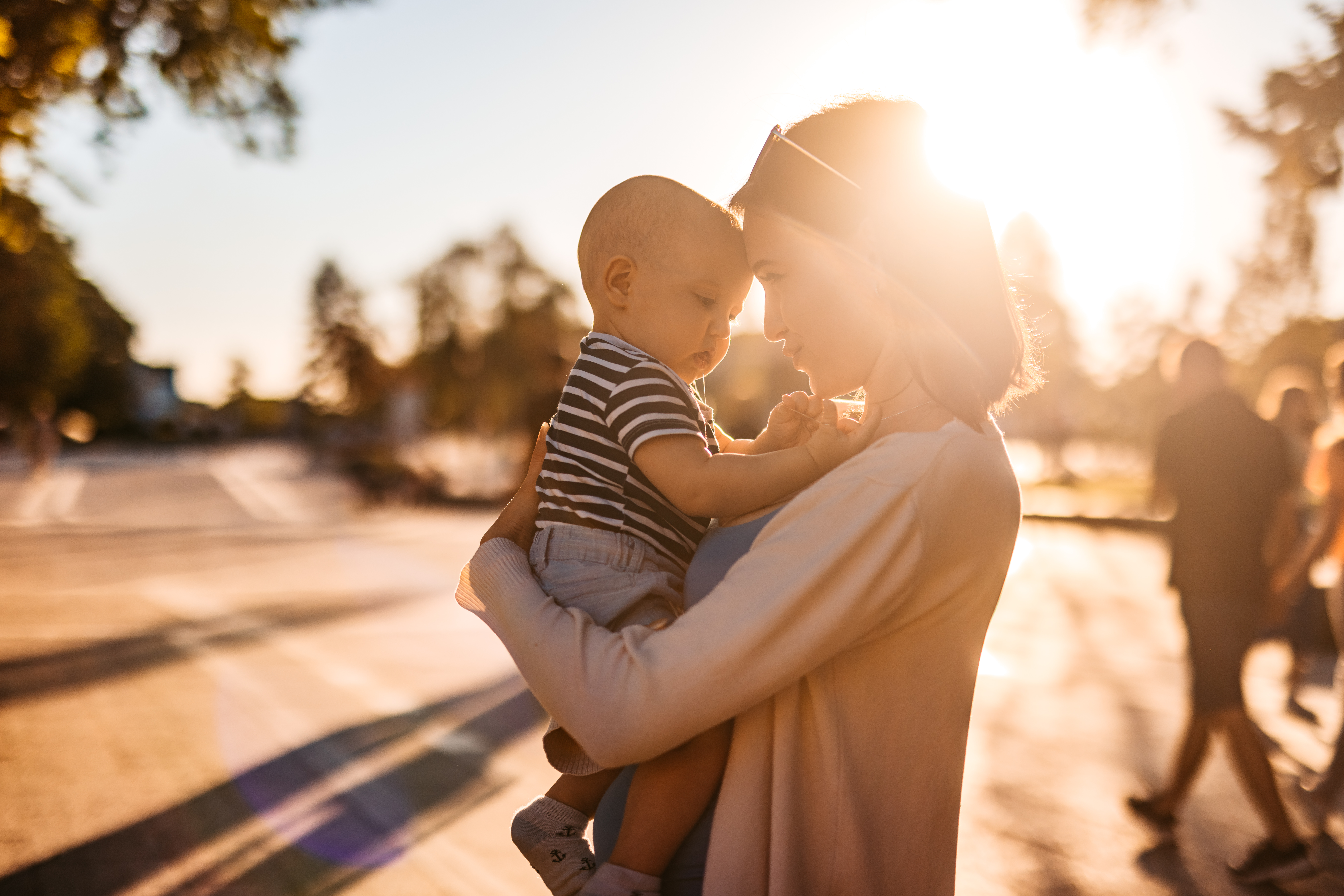
Virtual services in behavioral health education make support and learning more convenient and accessible for individuals and families. By removing barriers such as travel, scheduling conflicts, or geographic limitations, virtual platforms allow people to access workshops, family programs, and educational resources from the comfort of their own homes. This flexibility helps participants stay engaged in learning about recovery, mental health, and healthy coping strategies while also making it easier for loved ones to be involved in the healing process, no matter where they live. Your loved one does not need to be a patient of ours or in treatment.
On the 1st and 3rd Wednesdays of the month, you will have the opportunity to attend this informative session via Microsoft Teams. You are welcome to attend as many times as you would like and send the Teams link to as many family members as you choose. Sessions begin at 4 p.m. and last until 7 p.m. CST. These sessions will not be about your loved one. This is an opportunity to begin understanding why your loved one continues to struggle with addiction and the brain chemistry behind it all.
To join, click this Teams link on the day and time of the meeting. In the meantime, you may find these articles useful.
If you or a loved one needs help, or just someone to talk to, we’re here.